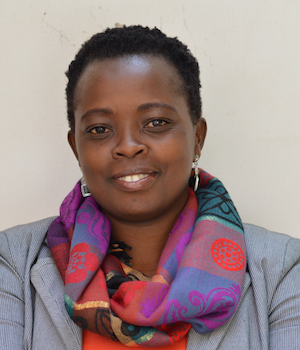Stories Don’t Stop at Borders, So Journalists Shouldn’t Either
G5) Stories Don’t Stop at Borders, So Journalists Shouldn’t Either
Science is an international business, major stories are cross-border or even global and the need for independent journalism to reflect this is vital. Yet the constraints journalists face regarding their travels and contacts mean we risk failing to deliver the journalism necessary for the 21st century. Even in Europe, long held as a global role model for peaceful co-existence between nations, borders are being closed and nationalist headlines flash across the EU. Reporters Without Borders warn in their report on the World Press Freedom Index of a decline in media pluralism and the “erosion of the European model.”
Without a common sense of identity there can be no democracy, and science journalism is a big player in this field (see Brexit, the new government in the U.S. etc.). In order to undertake the thorough reporting that is truly necessary, journalists must find new ways of collaboration. But how to start as a science journalist when you want to report properly?
This is not specifically a European or American problem. In this session we will discuss the actual situation in Asia, Africa and Europe. We will talk about methods on how to intensify cross-border journalism and present several case studies and some solutions, such as a network like Hostwriter, which shows science journalists from all over the world how everyone can benefit from cross-border journalism.




